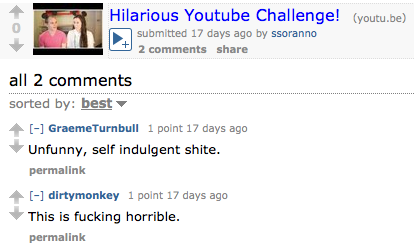Cyber Intelligence. Ah, the perfect phrase to spark a heated debate over privacy rights, government spies, and “hackers”. But should we really be getting our knickers in a knot over it? I think not. In fact, I think online intelligence is actually a really, really good thing.
First off, it was put in place for a reason! Governments of the world didn’t come up with the idea as a cover for sifting through cat videos in your browser history; they implemented it to catch the “bad guys”. In other words, they snoop in your online activities if you are already a suspect in an investigation and they have reason to be snooping (usually in connection with terrorism), not simply at will.
Believe it or not, terrorists are very active online, and it is through this activity that intelligence agencies can track down actual individuals behind a computer screen. However, if these agencies could not obtain access to your online activity after naming you suspect, they would not be able to further their investigation and put a stop to your harmful activity. This is where Internet service providers (ISPs) come in. ISPs store your online information for times such as these – but don’t panic! As I said before, this info is not available for amusement or misuse by individual intelligence officers – it is there to be retrieved in times where it can further an investigation.
Here’s an analogy: When you’re at an appointment with your shrink, you are in a secure and confidential environment. They assure you that what you say during the appointment will not be repeated; however, they often take notes through the conversation and then store these notes in a filing cabinet in the corner. These notes are like your online activities. They are secure, but still recorded and stored, and are only retrieved when they contain information that proves you guilty of some atrocity. And even then, authorities must obtain a warrant in order to take the notes/internet history from their secure storage.
It is for these reasons (among others) that I believe cyber intelligence does more good than harm. From my perspective it does no harm at all, unless you happen to be guilty of some horrible crime. And even then, you may slip by unnoticed, due to the lack of an ever-watchful eye behind your computer screen.

